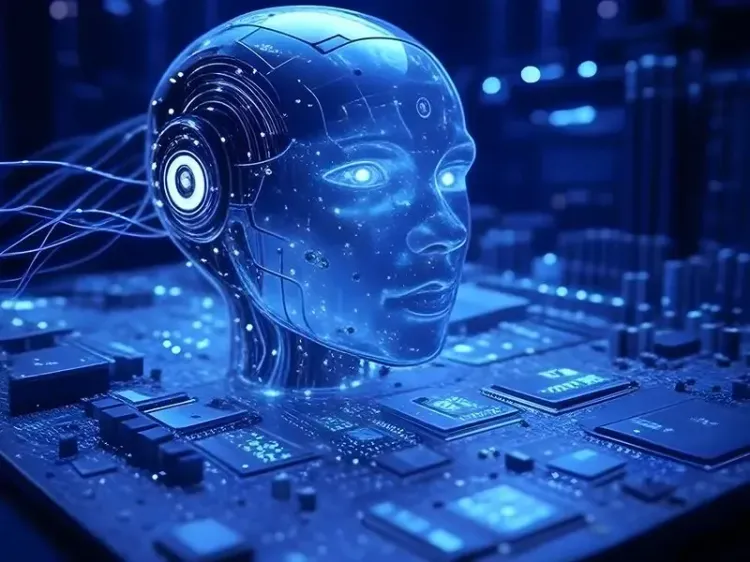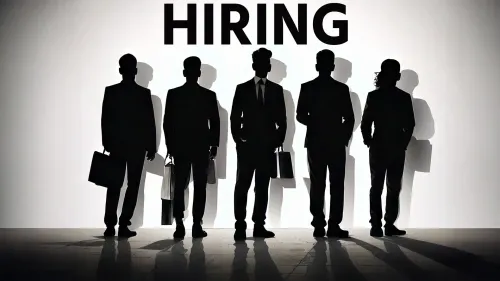Will AI Outpace Job Losses by 2027?

Synopsis
Key Takeaways
- AI is projected to create more jobs than it eliminates by 2027.
- Human readiness is as important as AI readiness.
- New skills will be required in the AI era, including critical thinking and problem-solving.
- Organizations need to prepare their workforce for AI integration.
- Many companies are currently unprepared for the shift towards AI-driven roles.
New Delhi, Nov 17 (NationPress) A comprehensive report indicates that artificial intelligence is set to revolutionize the global labor market in the upcoming years, with projections suggesting that by 2027, AI will generate more job opportunities than it will eliminate. The analysis conducted by Gartner reveals a more optimistic perspective than the prevailing concerns regarding job losses, shifting the focus towards workforce transformation.
The findings were presented at the Gartner IT Symposium/Xpo 2025, held in Kochi, where over 1,100 CIOs and IT leaders gathered to discuss these insights.
According to Gartner, while AI will take over many low-complexity tasks, it will simultaneously create new positions and necessitate the development of entirely new skill sets.
The report emphasized that the key challenge lies not just in AI readiness but also in human readiness — ensuring that employees possess the necessary skills and mindset to thrive alongside AI technologies.
A survey conducted by Gartner in July 2025 indicated that by 2030, IT roles will be closely intertwined with AI, with expectations that no IT task will be executed solely by humans. Instead, it is projected that 75% of tasks will require human collaboration with AI, while 25% will be managed exclusively by AI.
However, analysts caution that many organizations have yet to prepare their workforce for this impending transition.
Arun Chandrasekaran, Distinguished VP Analyst at Gartner, advised that businesses should begin to restructure their workforces now. He highlighted that rather than executing job cuts, organizations should limit new hires for routine roles and redirect current talent towards emerging revenue-generating sectors driven by AI.
This strategy, he noted, will enhance productivity while cultivating teams capable of delivering long-term value.
Furthermore, Gartner analysts pointed out that the skill sets required in the AI era will evolve significantly. Activities such as summarizing information, content searching, and text translation are expected to diminish in importance as AI takes over these functions.
Nonetheless, AI will elevate the significance of other skills, including critical thinking, communication, problem-solving, and the capacity to manage AI systems. Gartner cautioned that excessive reliance on AI could lead to skill degradation, necessitating regular testing and upskilling for workers.
The report also highlighted the necessity for organizations to assess their AI readiness across three key areas: costs, technical capabilities, and vendors.
A survey from May 2025 revealed that 74% of CIOs are either breaking even or incurring losses on their AI investments, primarily due to overlooked costs such as training and change management. Gartner recommends that companies carefully evaluate the costs they are prepared to support.









